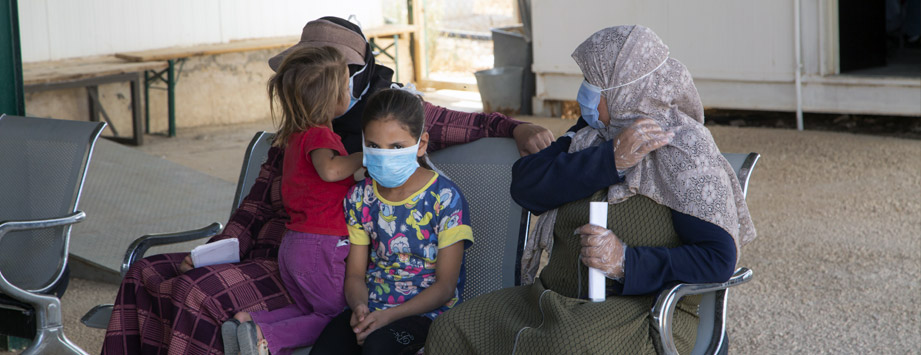Who we are
What we do
In collaboration with the Ministry of Health and health sector partners we ensure that people living in Jordan are protected from health emergencies. Our main areas of work include:
Support public health functions of the health system during emergencies
We strengthen the health system so it can manage public health emergencies. WHO conducts public health risk assessments, supports the development of national emergency preparedness and response plans, procures supplies for laboratories, trains the health workforce, co-leads the Refugees Health Sector Working Group, and are part of the United Nations Migration Network in Jordan to streamline efforts in mitigating vulnerability of refugees and migrants to public health threats.
Prevent and mitigate the impact of public health emergencies
We support authorities with the monitoring of health threats and strengthen capacities in early detection, verification, and response. We also support the national laboratory network in detecting pathogens quickly and efficiently to guide an appropriate public health response.
Build core capacities under the International Health Regulations (IHR 2005)
We strengthen core capacities required under the IHR (2005) and support implementation of the national action plan for health security across the human-animal interface, following the One Health approach.










